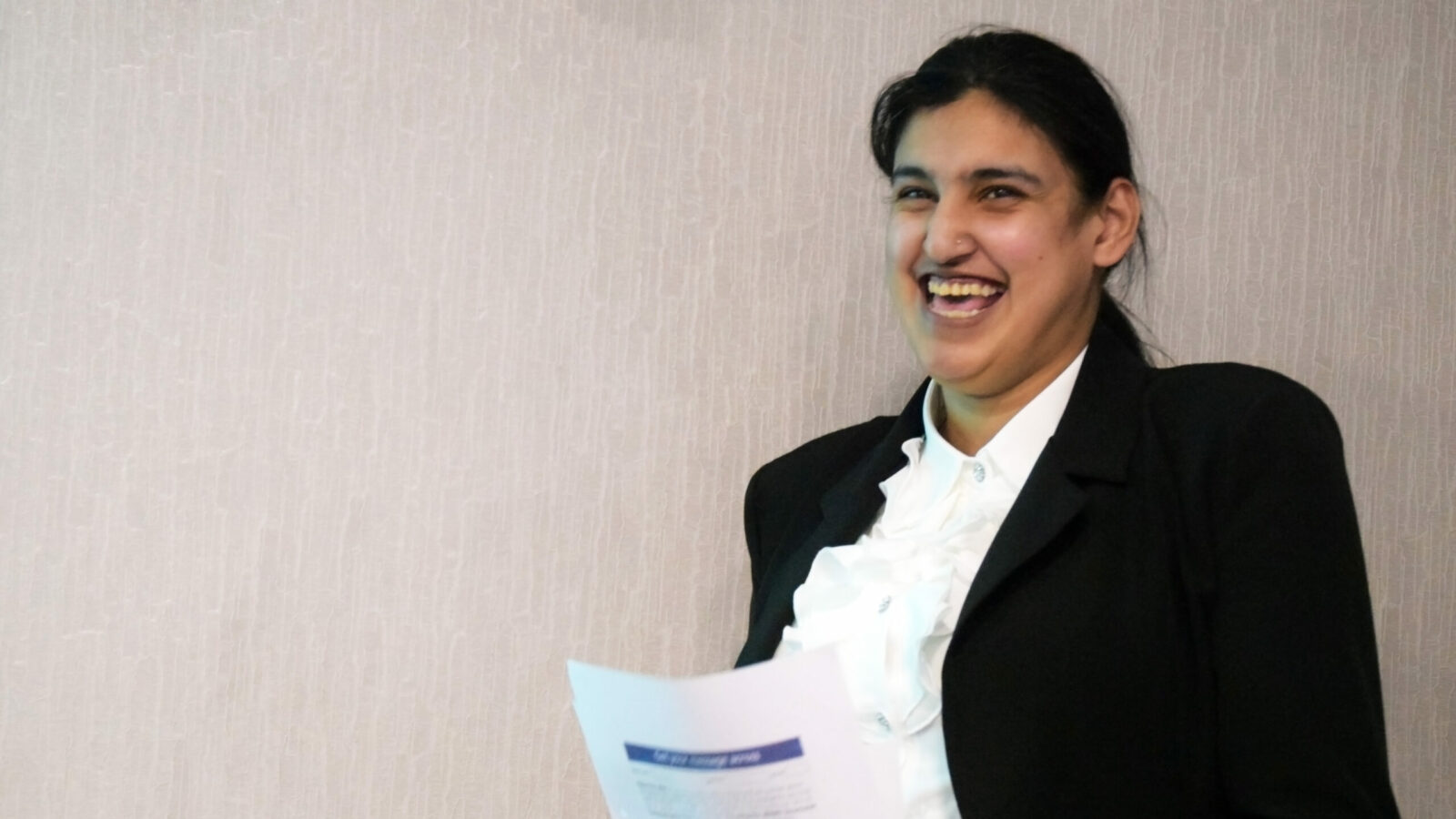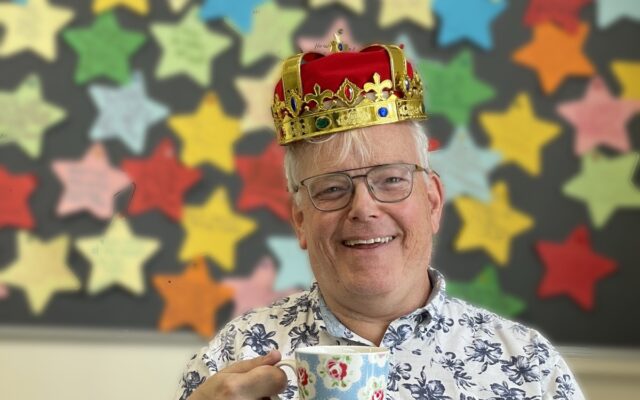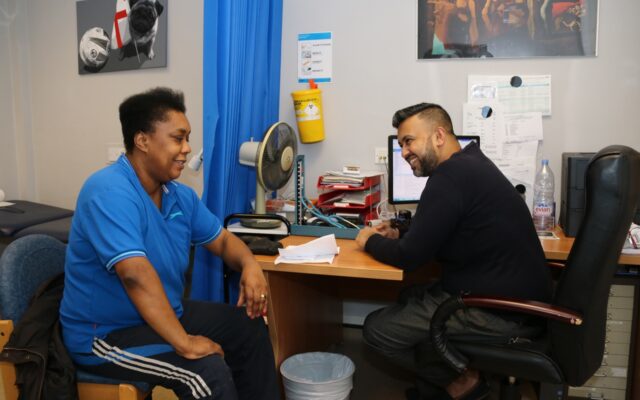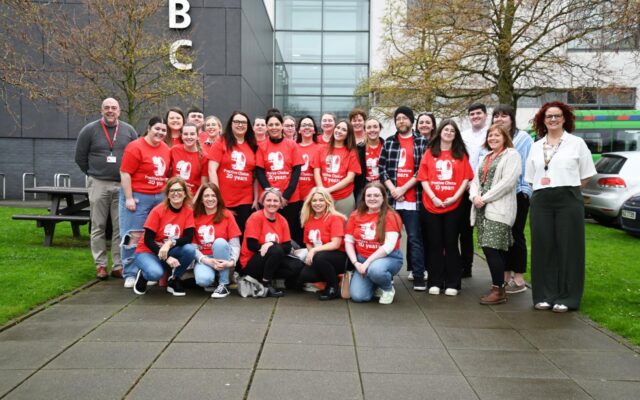Nearly half of all deaths (49%) in people with a learning disability are avoidable, of which 8% are related to cancer, according to Learning From Lives and Deaths report funded by the NHS and published by King’s College London in 2021.
Given these findings, Thera Group, alongside people with a learning disability, worked on two projects to tackle the health barriers they faced.
Spotting deterioration
In the first, we were involved in the roll-out of RESTORE2 Mini, a health awareness tool for the social care sector developed by NHS West Hampshire clinical commissioning group and the Wessex Academic Health Science Network.
RESTORE stands for Recognise Early Soft Signs, Take Observations, Respond and Escalate, and was designed for care homes; RESTORE2 Mini is a more condensed, user-friendly version for unpaid carers and supported living staff.
It was designed to help people recognise soft signs of health deterioration (such as changes in mood or communication) and know how to start conversations with health professionals in a timely way to get the right support.
When the NHS sought to expand this work to include carers, it engaged specialist providers such as Thera to adapt resources, which included observation charts and information on how to escalate a issue either with social care staff, a GP or an ambulance service.
Our service quality directors – people with a learning disability in paid roles – led and contributed to working groups, advising on amendments and accessibility.
We were then awarded funding from NHS England to roll out training on RESTORE2 Mini and raise awareness of the STOMP pledge (Stop Over-Medicating People with a learning disability).
The pledge is a national initiative to stop the overuse of psychotropic medicines and increase carers’ awareness of their use, enabling people to challenge over-medication where appropriate.
Between March and December 2022, we trained over 50 people to deliver the RESTORE2 Mini and STOMP programmes. Fifteen of the trainers had a learning disability.
They delivered awareness sessions to groups in their communities in Manchester, London, Darlington and Lancashire, which included social care staff, people with a learning disability and their families.
The training reached more than 500 people during 2021-22, with over two-thirds of sessions delivered by those with a learning disability.
One learner told us: “Having an expert by experience in the group to share their own thoughts and experiences made the training meaningful. It gave me the tools to reinforce my decisions when it comes to the health and wellbeing of the people I support.”
After the sessions, almost all of the 50 trainees felt more confident in both supporting people with their health and speaking up to medical decision makers.
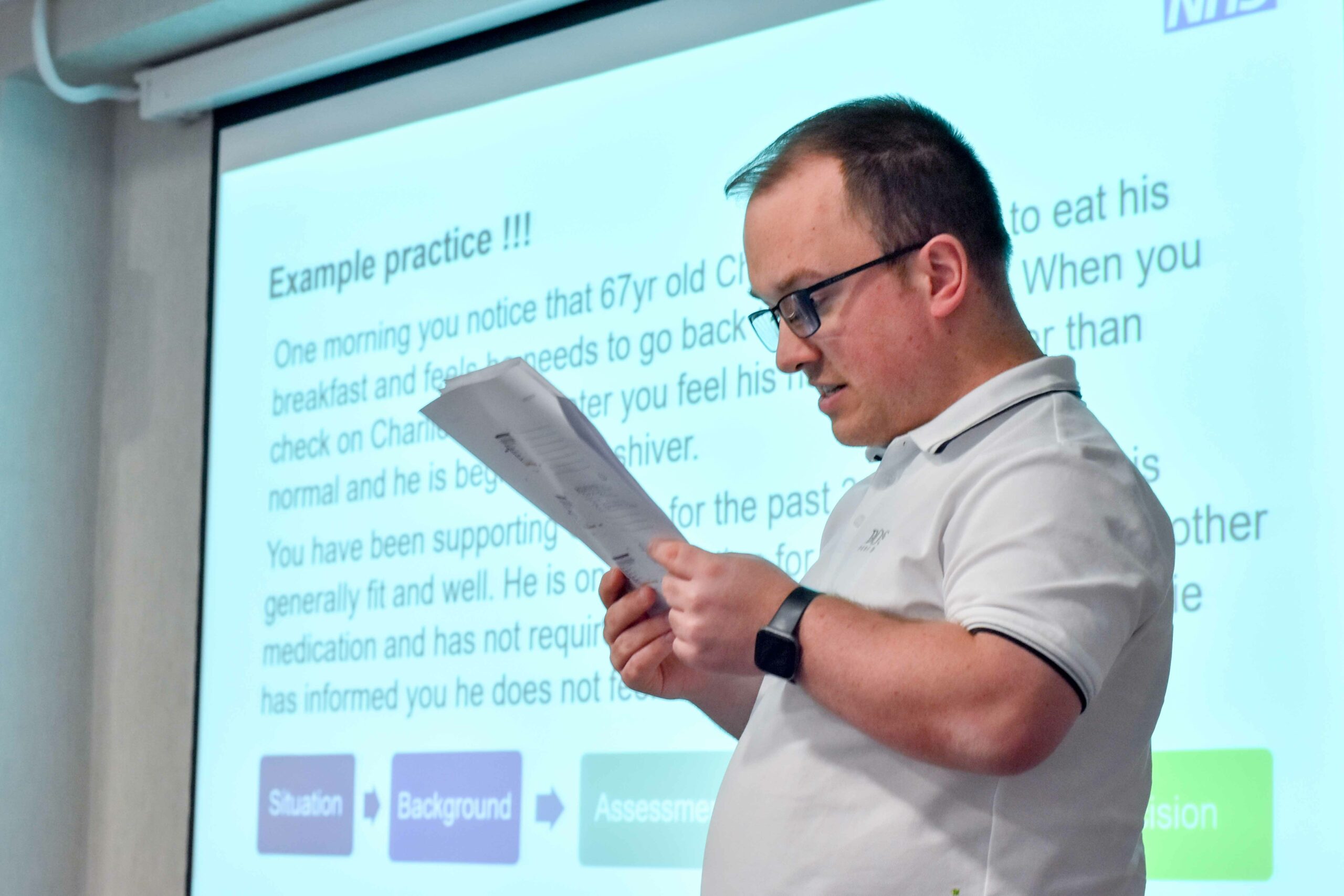
Finding cancer
Our second project related to the Learning From Lives and Deaths report on cancer-related avoidable deaths.
Christine Harvey, lead director of Ansar Projects, part of the Thera group of companies, started conversations with CoppaFeel! and Orchid after struggling to find accessible health resources for breast and testicular cancer.
Ansar Projects partnered with breast cancer charity CoppaFeel! and male cancer charity Orchid to create accessible resources to help people know their bodies and seek medical advice if they noticed changes at an early stage.
We believe the Know Your Body materials, launched in October last year, are the first of their kind. They include information packs, self-checking cards, symptom guides, patient stories and information on what to do if they notice a change.
It is hoped is these initiatives will mean illness is detected earlier and premature deaths prevented.
Andrew Bright, Thera group lead director, quality and involvement, worked with Thera colleagues to write this article


